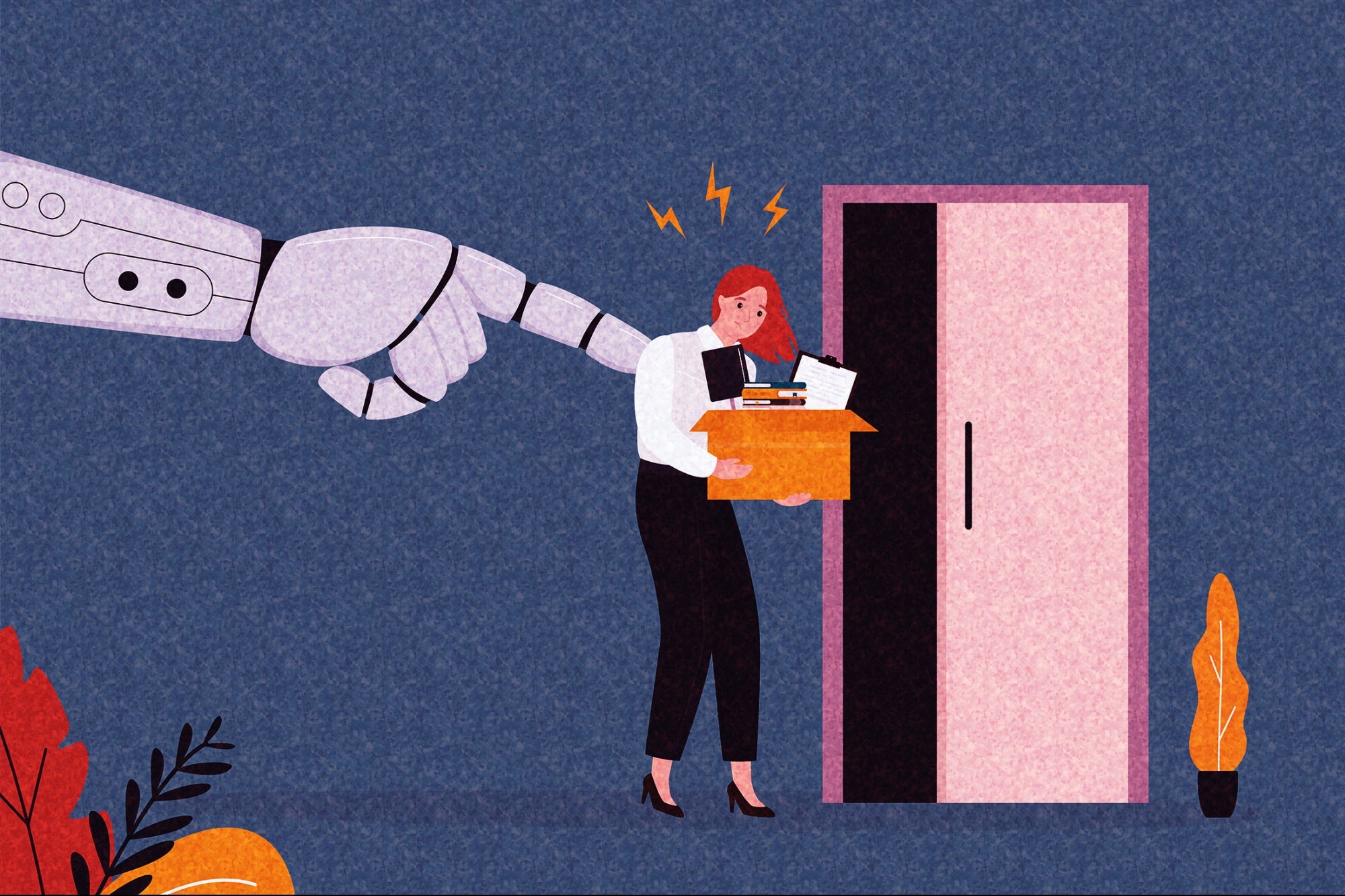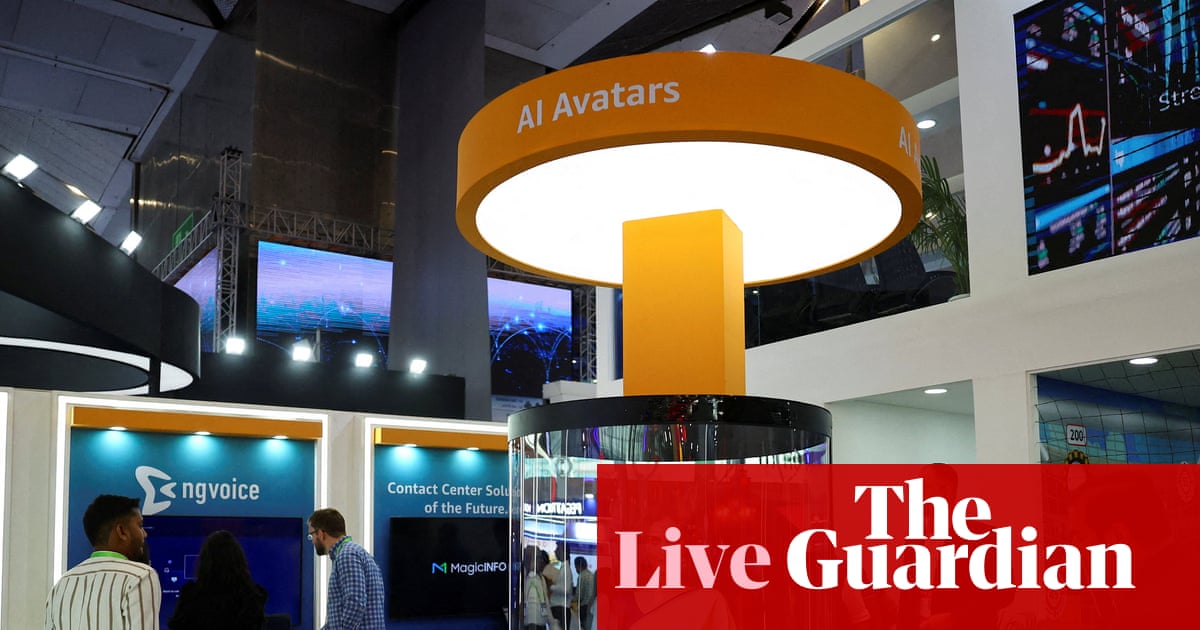AI Is Wiping Out Entry-Level Jobs — Here’s How to Safeguard Your Talent Pipeline
Artificial intelligence isn’t just reshaping industries — it’s quietly gutting the very first rung of the career ladder. Entry-level jobs, once a training ground for future leaders, are disappearing fast.
A 2025 Bloomberg analysis reports that the recent college graduate class is struggling to secure full-time work. Meanwhile, the World Economic Forum’s Future of Jobs Report predicts that 40% of employers expect to reduce their workforce because of AI-driven automation. According to Anthropic’s CEO, AI could eliminate half of all entry-level white-collar jobs within five years, driving unemployment as high as 20%.
At first glance, removing repetitive tasks looks like a win. Faster work, fewer mistakes, lower costs. But entry-level years are about more than completing tasks — they’re where employees learn, fail, experiment, and grow. Without those years, companies risk starving their own leadership pipelines.
So what should entrepreneurs do when the traditional ladder disappears?
Don’t Just Cut Costs — Build Careers
It’s tempting to see AI as a shortcut: automate processes, reduce headcount, and save money. But if you measure success only by dollars, you miss the bigger opportunity: using AI to accelerate human development.
The companies that thrive in this new era are the ones asking: How can AI take over the routine so our people can focus on growth, creativity, and leadership?
This mindset shift turns AI from a cost-cutting tool into a career-building tool — creating a workforce that is smarter, faster, and more strategic.
How AI Changed Hiring at My Company
At my tech company, FORE Enterprise, our original team was made up primarily of young talent in their 20s. They handled much of the grunt work: coding small modules, compiling reports, testing, debugging. Four years in, however, our team structure has shifted. We’re hiring more senior employees who know how to leverage AI to generate high-quality code and analyze complex problems.
The results are striking. One senior analyst using AI efficiently can do the work of several junior analysts. That allows senior talent to focus on client needs, big-picture design, and strategy. It also ensures that the work AI produces is accurate — humans still need to recognize its shortcomings and control for quality.
But this shift raises questions. If the entry-level ladder is disappearing, how do we train the next generation of leaders? If junior employees no longer perform simple, repetitive tasks, how will they build skills and advance? And how will companies replenish talent when senior employees retire or move on?
Fill the Gaps AI Can’t Cover
AI may automate tasks, but it can’t replicate human judgment, emotional intelligence, or complex problem-solving. That means soft skills are more valuable than ever.
Research confirms this shift. LinkedIn’s Skills on the Rise reports that while AI literacy is the fastest-growing skill, the next most important skills are conflict mitigation, adaptability, innovative thinking, public speaking, solution-based selling, customer engagement, and stakeholder management — all human-centric and largely irreplaceable.
Google’s Project Oxygen also shows that excellent managers excel at coaching, communication, and collaboration — skills that AI can’t reproduce. Companies that emphasize these traits in hiring, training, and promotion see measurable improvements in team performance, satisfaction, and retention.
At FORE, we now prioritize hiring for emotional intelligence and adaptability alongside AI literacy. Candidates who can navigate ambiguity, communicate with clients, and guide AI outputs effectively are invaluable.
Build Hybrid Roles Designed for the AI Era
Entrepreneurs don’t need to hire traditional roles in a traditional way. Instead, they can create hybrid positions that combine industry knowledge, AI expertise, and problem-solving ability.
For example, instead of hiring a junior analyst, we look for AI-analysts — employees with analyst skills who can also apply AI to improve efficiency and output. Lawyers with AI proficiency now command a 56% salary premium, but the investment pays off: these employees produce faster, higher-quality work and solve problems that a junior employee would need weeks to tackle.
Young employees who adopt AI early — even without formal training — have an advantage. They bring curiosity, technical aptitude, and adaptability, which position them for these hybrid roles. For founders, this also solves the talent pipeline challenge by blending learning, AI adoption, and career growth into a single position.
Look Beyond Degrees — Focus on Skills
Traditional education is still valuable, but it’s no longer the only indicator of talent. Access to top universities is limited by family income, geography, and opportunity. AI can level the playing field.
Online AI-driven learning platforms allow anyone with an internet connection to receive personalized tutoring, learn at their own pace, and master skills previously taught in expensive programs. Candidates without prestigious degrees can produce work that rivals traditionally educated peers.
Entrepreneurs and hiring managers should shift focus from credentials to skills and demonstrated performance. Use project portfolios, skills tests, and real-world problem-solving exercises to identify top performers. This approach uncovers talent that would otherwise be overlooked.
The Bottom Line
AI isn’t coming — it’s already here. It will change how we hire, train, and promote. But it won’t replace humans. It will redefine their roles.
Entrepreneurs who treat AI as a partner rather than a replacement will win. Recruit for human skills that AI cannot replicate, create hybrid roles that maximize both people and technology, and look beyond degrees to uncover hidden talent.
The future of leadership depends on it. Start rethinking your hiring strategy now — because the leaders of tomorrow won’t come from algorithms. They’ll come from the people you choose to grow today.





Comments
Join Our Community
Sign up to share your thoughts, engage with others, and become part of our growing community.
No comments yet
Be the first to share your thoughts and start the conversation!